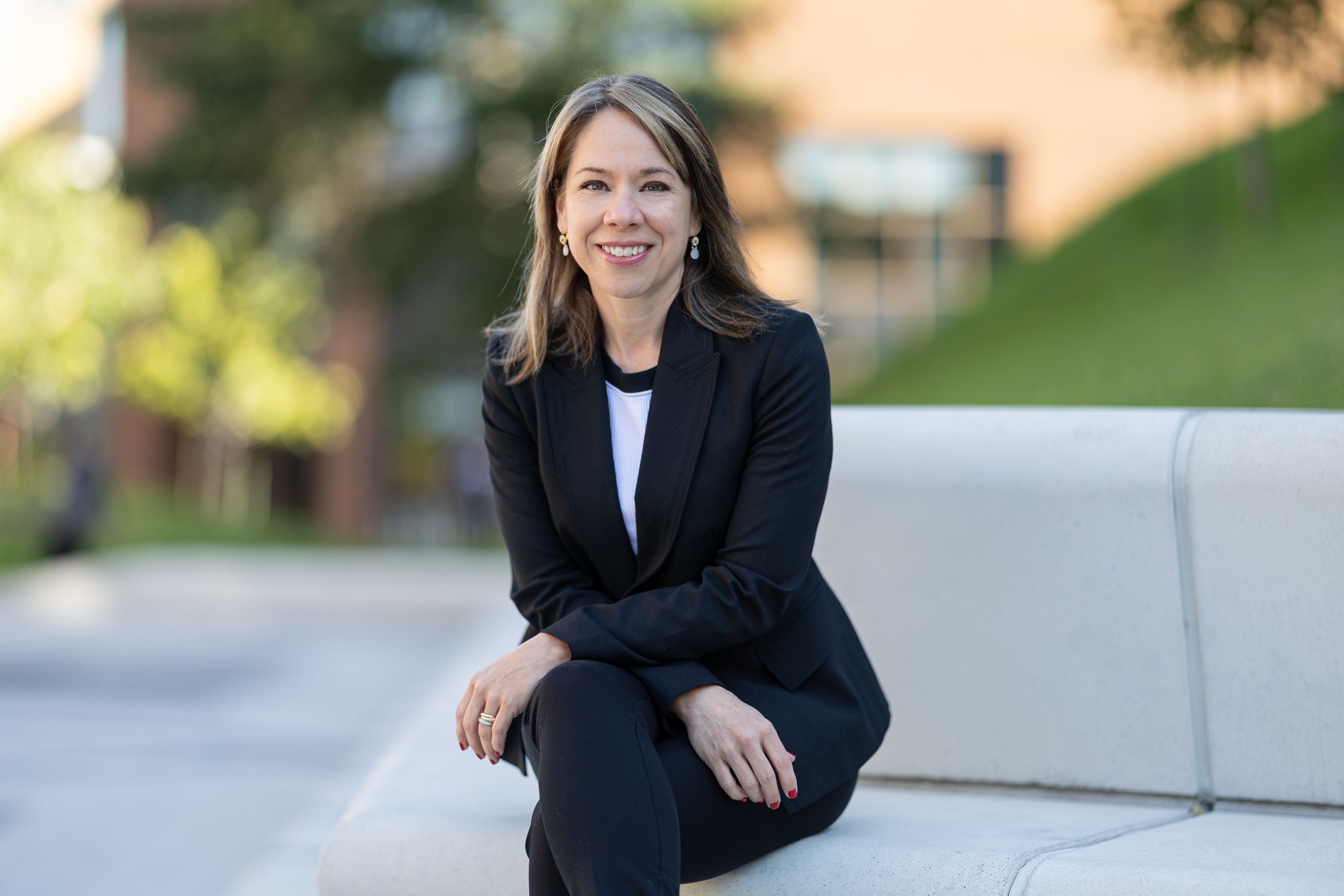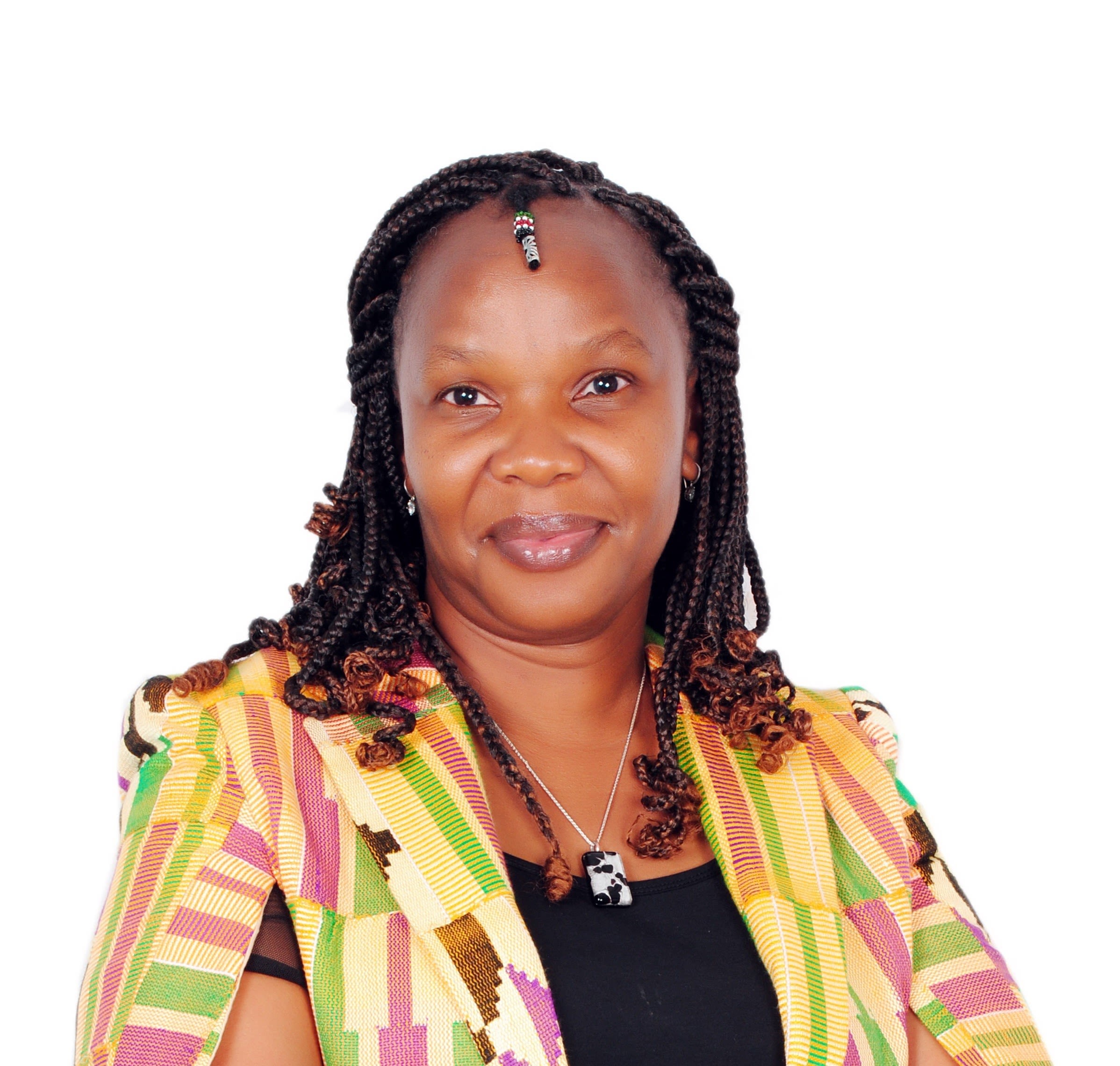Inspiring women in AI: Sudha Jamthe
Sudha Jamthe is a technology futurist, educator, and independent AI researcher with 25+ years of entrepreneurial and operational experience in the technology industry.
She is the author of several books (including Large Language Models for Linguists: Building Culturally Sensitive AI Systems), a top LinkedIn Learning AI Instructor, and principal at Business School of AI. She builds online learning communities at WeeklyWed and IoTWomen.
Her aspiration is a limitless world where AI can work ethically for all of us. In her spare time, she enjoys chasing self-driving cars and hugging robots.
Whatever your vocation or your interests, you have a role to play...
In this interview for our inspiring women in AI series, Sudha highlights how she got into AI, the significance of responsible and sustainable AI, and her efforts to promote women's participation in the field.
"Our identities are being shaped by AI, so we need to get involved"
What AI-related projects are you currently working on?
I enjoy researching the latest in the AI and autonomous vehicles space and develop and teach unique courses that are based on no-code AI.
Recently I have produced and recorded six AI courses on LinkedIn Learning.
Topics I primarily cover in my courses, research publications, writing, and talks include the Internet of Things (IoT), no-code AI, generative AI, autonomous vehicles, and AI ethics.
What inspired you to pursue a career in AI and related fields?
I let my students guide me at my learner community online. I take pleasure in letting my students tell me what they want, and where I can help them.
For example, I was previously teaching an IoT course at Stanford Continuing Studies, which led to an autonomous vehicle course. I found that much of this was about how we can create value with data. This led naturally to AI and evolved into generative AI courses, agent AI courses, and the like.
I sit on the board of Barcelona Technology School. This teaches digital transformation to innovative adults, which is the typical profile of my students.
We cannot teach them the power of technology without teaching them about AI ethics and their responsibility, so the board asked me to develop an AI Ethics course. I ended up taking up the responsibility for developing the curriculum and teaching AI ethics in four different master’s programs.
I realized that AI and AI ethics are perceived very differently by learners of different backgrounds. This has led me to teach AI using no-code for various different job roles such as product managers, business leaders, marketing leaders, data analysts, lawyers, UX designers, and more.
I have also taught AI to designers at the Elisava School of Design.
What recent or potential breakthroughs in AI are you most excited about?
I came from an operational role in the technology industry – my last role was heading mobile analytics, a $27 billion ecommerce business – so I'm always looking at the excitement of technology.
But I also ground myself – is this going to create jobs, is this viable, is this ethical?
I have seen the transformation of AI over the decades, especially in machine learning and deep learning.
From the current deployments, you can predict a hurricane before it happens. You can predict health data and do precision health.
There's a lot of value in it and it's already available in industry in various forms.
What potential risks or downsides of AI development concern you?
The thing I'm wary about, especially with generative AI and large language models (LLMs) is that people think of AI as chatbots that can give us all the answers and sometimes hallucinate [generate incorrect or misleading information].
But it's bigger than that. We are consuming a lot of energy when we use AI and people don't see that – they just get excited about chatbots. And even when you're talking to chatbots for research it's using energy.
I think that is the area I would be wary of and I would call on my students and innovators out there to figure out how to build AI in a way that is sustainable for Earth and equitable for everyone.
What initiatives or changes would you like to see to encourage more women to enter the field of AI?
We need to create role models for girls out there who can look at women being brilliant in their fields in different parts of the world.
One of the things I do for International Women's Day in March is a YouTube series called Womansplaining. I ask for two-minute videos from women explaining a topic that they are expert on.
I use this to kick off a bigger project that I work on with a colleague of mine, Roxy Stimpson, for World IoT Day on 9 April. This is our eighth year hosting IoTWoman with a 24-hour live stream with a lineup of 24 global women over 24 hours covering a variety of technology and leadership topics.
We showcase brilliant women and teach our base of innovators about the latest and greatest in AI, autonomous vehicles, data, the IoT, ethics, and other interesting topics.
What advice would you give to young women considering a career in AI?
I feel very hopeful that we are living in great times. There is a lot of evil that a technology can be put to. But we have individual power.
Unlike any other technology, AI is not like some kind of technology somebody could build to hurt the world.
AI is built using data, and that data is you and me. My face is data for facial recognition, my voice is data for voice recognition. My shopping behavior, my interests... all that is data by which the AI is trained.
So, every time we interact with AI, be it on our phones, on a search engine, or on any kind of product that we use, we are the data.
Data is the only language that AI understands so we can communicate with AI and understand what it is doing.
So you can get involved in building AI. You can learn AI, whatever your job role is.
Whatever your vocation or your interests, you have a role to play. You can bring your perspective, so maybe that perspective is missing, and you can bring that into building AI.
That's how I feel hopeful that all of us can contribute to making AI work for us and move it towards the AI for good angle instead of the bias and burning the earth angle.
AI is one of those fundamental technologies that is changing the way we learn and teach, the music we listen to, the way we live our lives, and the way we socialize and communicate with each other.
Even our identities – who we are – are being shaped by AI, so we need to get involved and build AI to build the world the way we want it to be for all of us.
 China
China Africa
Africa

















